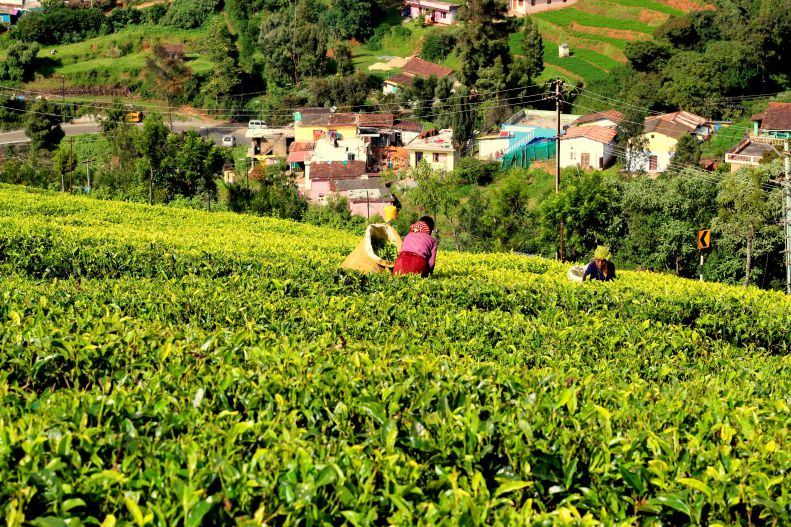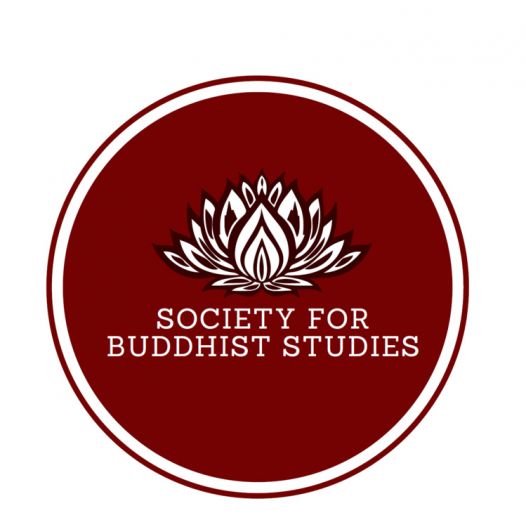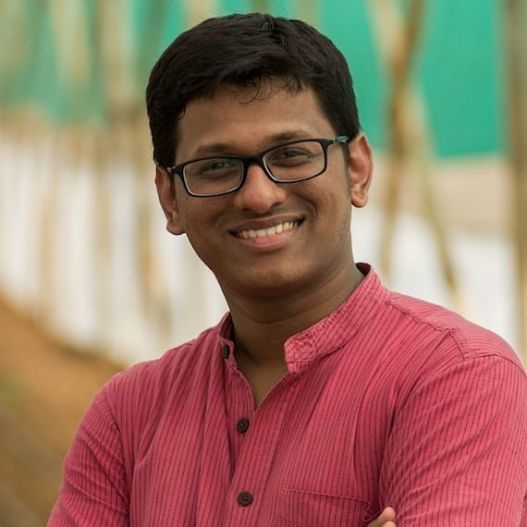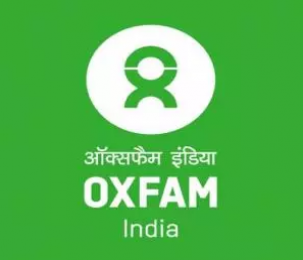South Asia Program
Chinese Economy: Beijing's War on the Credit Boom

Eswar Prasad, SAP
“Squeezing P2P lenders and the shadow banking sector does constrain lending to the private sector,” says Eswar Prasad, professor of economics and international trade policy. “China seems to take the path of giving innovators a lot of room and then cracking down hard when they grow too powerful or the risks become too large to ignore.”
Additional Information
Surrogacy, America and Me

Sital Kalantry, South Asia Program
“What we learn from experience today is that a lot of surrogates are white and tend to be lower middle class,” says Sital Kalantry, clinical professor of law, noting that warnings from radical feminists that poor women of color would be taken advantage of by the wealthy for their reproductive capabilities have empirically not held true.
Additional Information
The World's Largest Protests You've Probably Never Heard OF

Kaushik Basu, SAP
This opinion piece references an opinion piece written by Kaushik Basu, professor of economics, and a colleague about the new farm laws in India.
Additional Information
President Speaks Out on Atlanta Shootings

Condemns Anti-Asian Racism and Violence
Einaudi stands with our Asian and Asian American colleagues and students. Read the statement to find out how to report campus incidents of bias.
Additional Information
Steven A. Wolf
Associate Professor
Geographic Research Area: India
Teaching/Research Interests: Environment, sustainable livelihoods, forest governance
Additional Information
"Navigating Between the Law and a Distant Place: Judicial Procedures for non-Burmans and Legal Ethnography in the Late Eighteenth- and Early Nineteenth-Century Burma." A talk by Alexey Kirichenko (Moscow State University).

April 9, 2021
2:00 pm
Please join us for an invited talk by Prof. Alexey Kirichenko, generously co-sponsored by the Departments of Asian Studies, History and Philosophy; the South Asia, Southeast Asia, East Asia and Religious Studies Programs; and the Graduate and Professional Student Assembly. The event is open to all interested, and special accommodations can be made for access upon request.
Alexey Kirichenko is an Assistant Professor at Moscow State University, Russia where he teaches courses related to Burma, Southeast Asia, Buddhism, and Asian history. His PhD focused on Burmese royal historiography. Since 2009, he is engaged in field and archival work in Burma aimed at manuscript cataloguing and digitization, documentation of archival practices, monastic networks and Buddhist monuments, and research on the history of Buddhism. He has published extensively on various aspects of Burmese history and historiography. His current writing priorities address the issues of religious identity and knowledge production.
Due to COVID-era regulations, all attendees are required to register for this event here: http://cglink.me/2ee/r992619
Upon registration you should receive an automated email with the Zoom link. If for any reason you do not receive this email, please contact Bruno at bms297@cornell.edu.
Additional Information
Program
East Asia Program
Southeast Asia Program
South Asia Program
How the unimaginable can be achieved in African agribusiness

April 7, 2021
12:25 pm
Register online to attend this event.
About the seminar series
The "Perspectives in International Development Seminar Series" is co-sponsored by the Department of Global Development, the Department of Natural Resources and the Environment, the Charles H. Dyson School of Applied Economics and Management, and the School of Integrative Plant Science as part of courses IARD 6960, NTRES 6960, PLSCS 6960 and AEM 6960. For additional questions, contact course teaching assistant Khusel Avirmed at ta346@cornell.edu.
Additional Information
Program
South Asia Program
Creating climate resilient incomes for the ultra-poor farmers in India

March 24, 2021
12:25 pm
Register online to attend this event.
One hundred million smallholder farmers in India and 500M across the world face a number of challenges toward achieving food and income security, which are increasingly exacerbated by climate change. Unpredictable rains, increasing temperatures and drought make farming less profitable, eventually net-negative if not mitigated. Many interventions have been developed to alleviate smallholder poverty, but most offer only incremental income increases. Kheyti designs and deploys a bold solution that increases smallholder income at unprecedented, significant rates that ensures long term resilience rather than short-term income generation. Kheyti’s work is designed to create a path out of poverty by deploying high tech greenhouses (often taken for granted in developed countries), to India’s smallholder farmers. The greenhouses (with farm services) are a bold idea that brings sweeping change - they TRIPLE farming income with little effort while enabling farmers to learn new agriculture skills and mitigate climate change in the long term. Kheyti’s dream is to restore dignity in the profession of farming for smallholders.
About the presenter
Sathya Raghu is the Co-founder and President of Kheyti and CosmosGreen, startups working to help small and marginal farmers rise out of poverty. He is a CA-turned-farmer and agri-entrepreneur. Sathya is a 2014 Acumen Fellow, a 2016 Aspen New Voices Fellow, and 2018 Rainer Arnhold Fellow. More information about Sathya is available at https://www.sathyaraghu.com/my-world/
About the seminar series
The "Perspectives in International Development Seminar Series" is co-sponsored by the Department of Global Development, the Department of Natural Resources and the Environment, the Charles H. Dyson School of Applied Economics and Management, and the School of Integrative Plant Science as part of courses IARD 6960, NTRES 6960, PLSCS 6960 and AEM 6960. For additional questions, contact course teaching assistant Khusel Avirmed at ta346@cornell.edu.
Additional Information
Program
South Asia Program
Oxfam India Summer Virtual Internships

Apply by April 15
The Einaudi Center's virtual internships allow you to cross borders as you work from home, while prospects for international travel remain limited this summer.
Application Deadline: March 31, 2021
Project: Oxfam India is currently initiating a program to address the rights, entitlements, and dignity of informal sector workers in India. The program delves into the concerns of commodity supply chain workers engaged in tea and sugar production in the Indian state of Assam, with a focus on labor rights and gender concerns of migrant laborers and small holder farmers.
Student Responsibilities: Engage with Oxfam India’s private sector engagement, working with the program and advocacy team. Conduct research about the tea sector and sugar sector, entailing virtual interactions with stakeholders and presentation of learnings and assignments.
Student Requirements:Basic understanding of economics, agrobusiness, global value chains, labor issues, and gender issues.
Additional Information
From Sarandib, via Lanka, to Ceylon: Exile and Memory in the Colonial Age

April 8, 2021
12:30 pm
Part of the Ronald and Janette Gatty Lecture Series
Ronit Ricci, Department of Asian Studies and Religion, Hebrew University of Jerusalem
The small, Indian Ocean island known as Sarandib, Lanka, and Ceylon was a site of banishment throughout the 18th century for members of royal families, convicts, servants and others sent there from across the Indonesian archipelago. Descendants of these exiles who remained on the island continued to speak and write in Malay, the archipelago's lingua franca, and to adhere to a collective Muslim identity for several centuries and into the present. The talkconsiders if and how earlier religious and literary traditions of banishment tied to the island -those of Adam's fall from paradise to Sarandib and Sita's abduction to Lanka in the Ramayana -played a role in shaping the experiences of the exiles and their descendants.
Additional Information
Program
Einaudi Center for International Studies
Southeast Asia Program
South Asia Program
